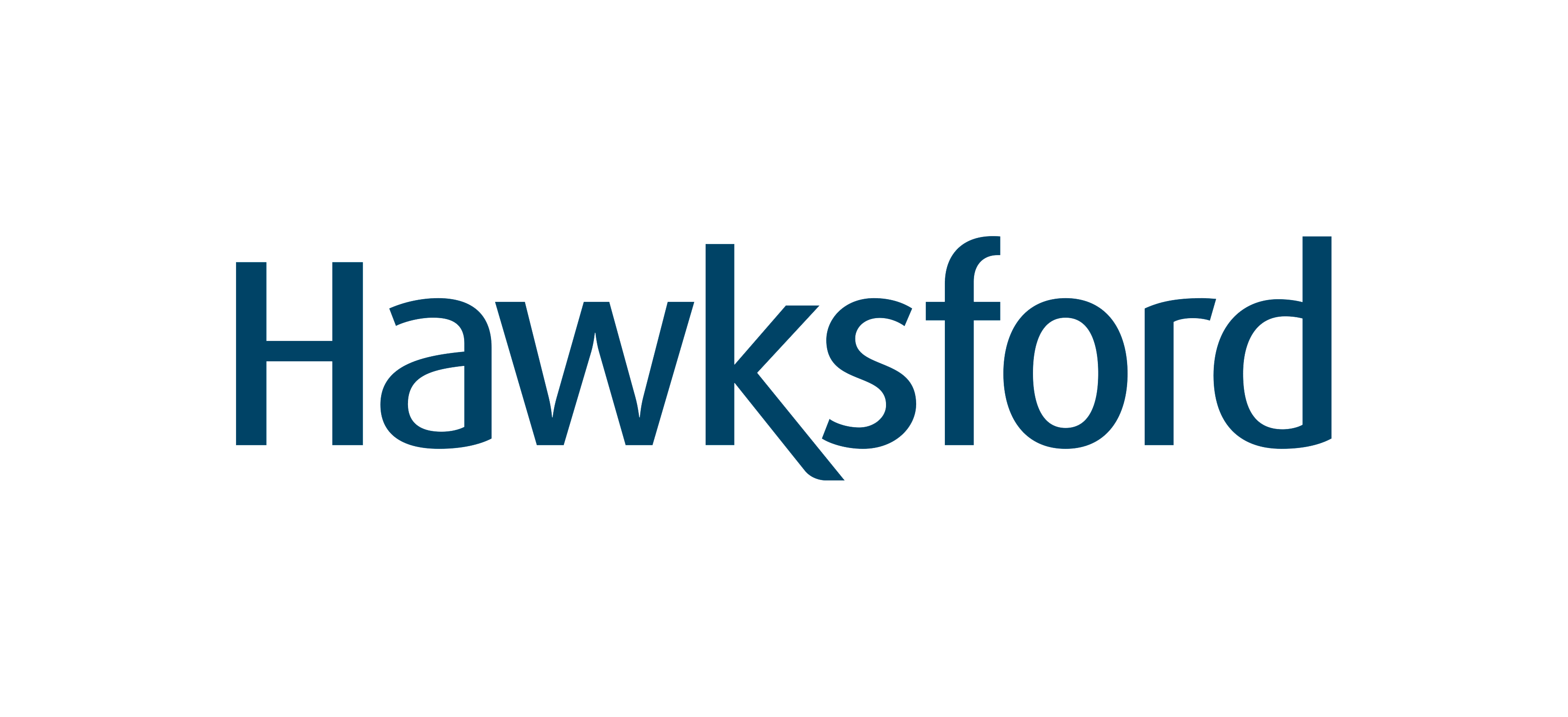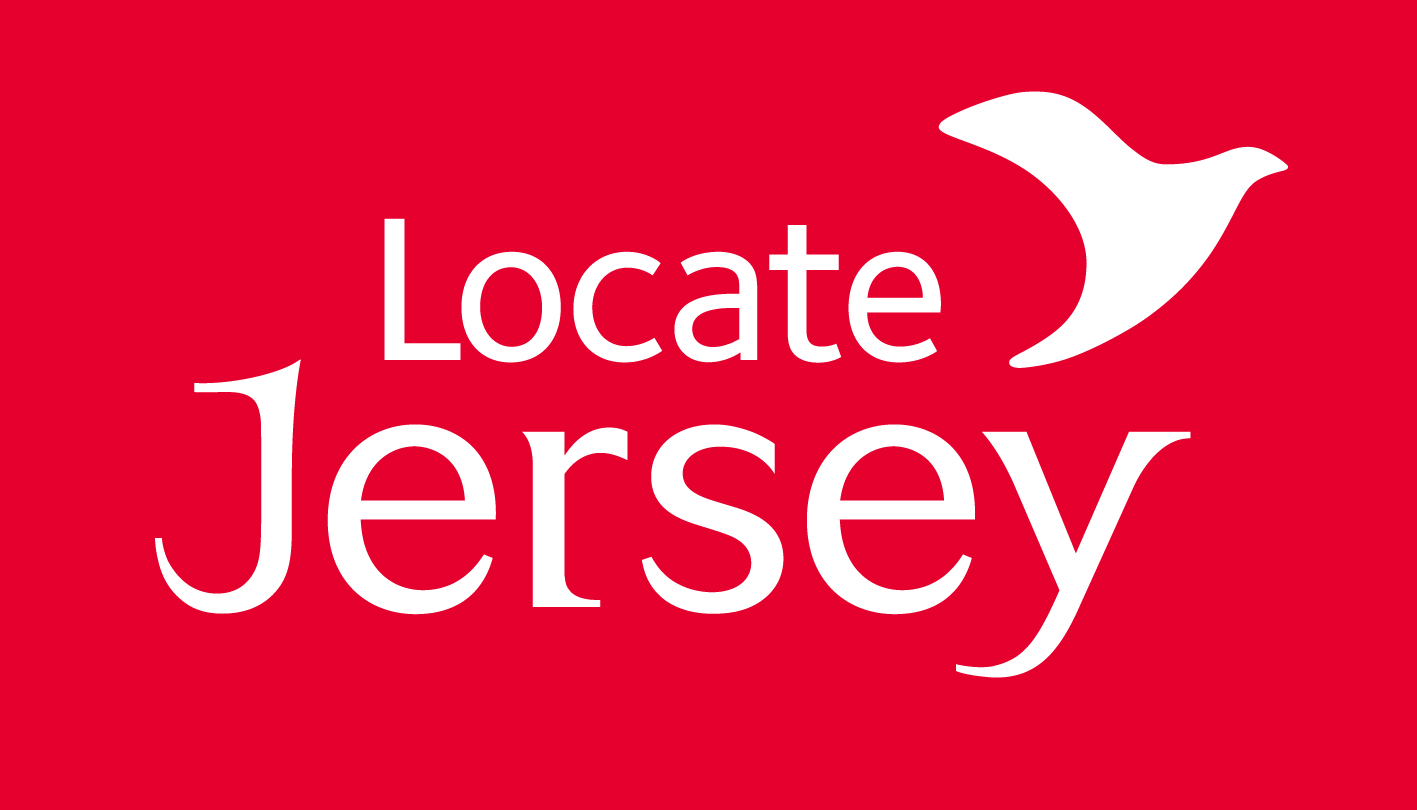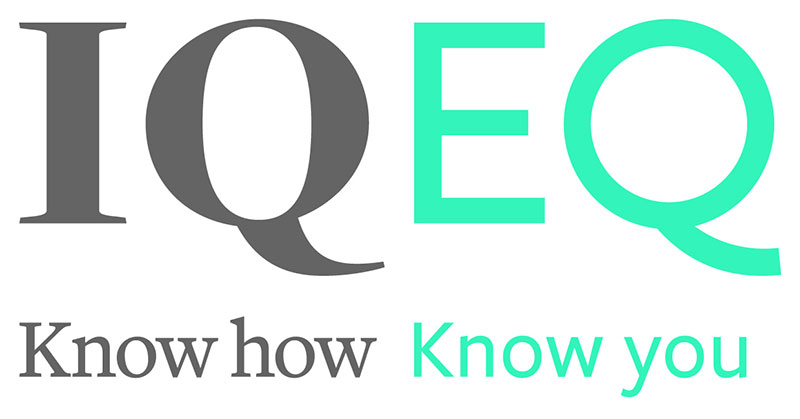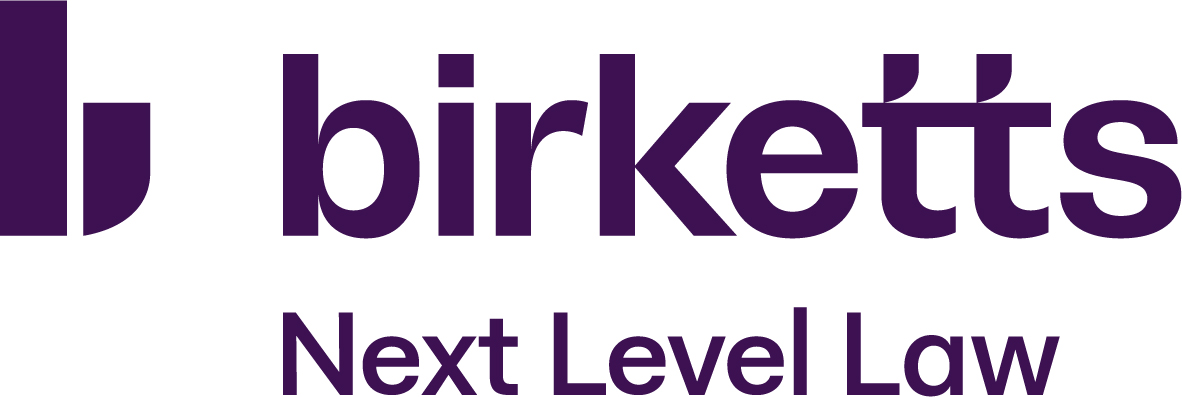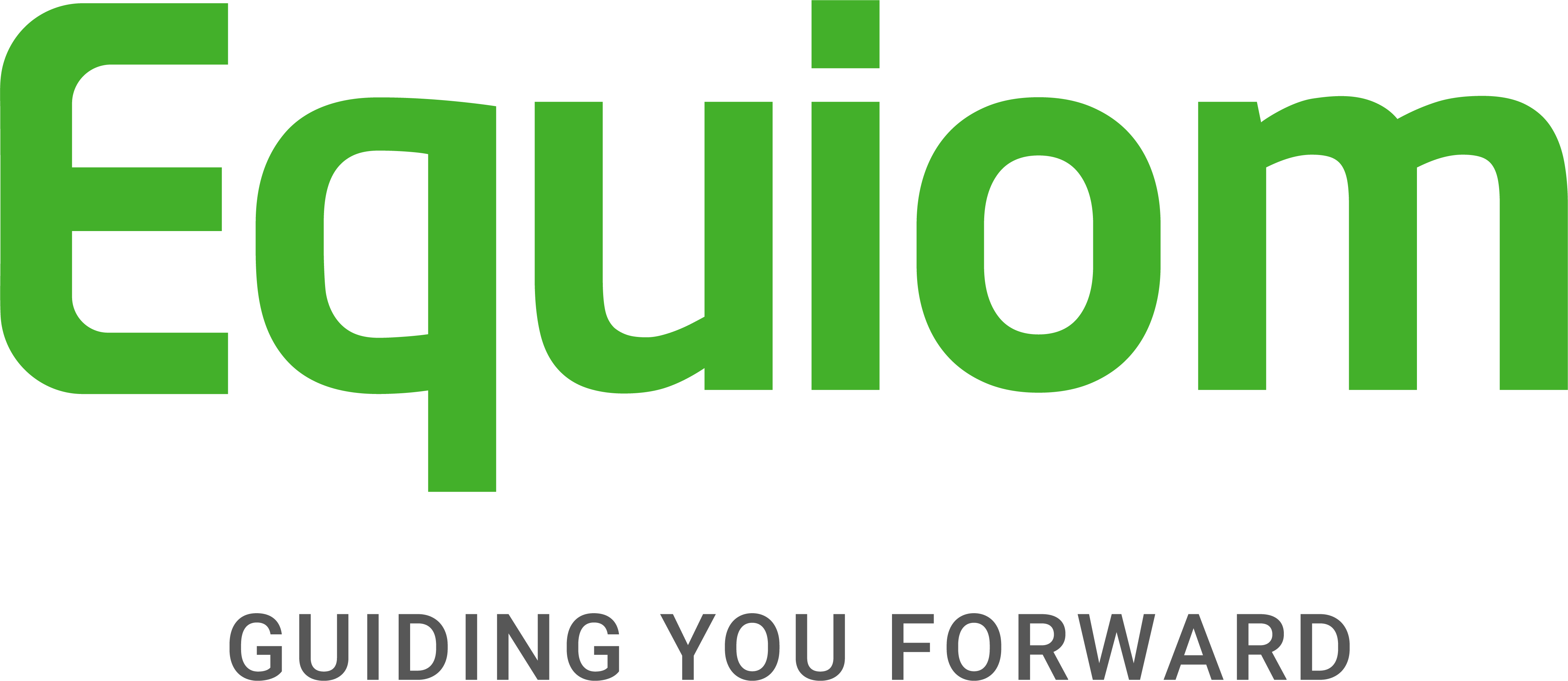The Changing Face of the Family Office in the 21st Century
by Anthony Page, Managing Director, Knox House Trust
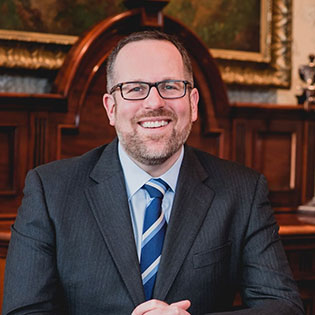
Global wealth is undergoing an unprecedented transformation." Such was the headline from the paper* published by Ernst & Young ('EY') earlier in the year regarding wealth management in 2018. This will not be a shock to anyone involved within the sector, but it does reaffirm the reality. Today's wealth managers need to adapt and evolve to meet the changing demands of clients and keep pace with stricter regulations and the breakneck speed of technology, if they want to thrive in the highly competitive global marketplace.
EY report that one of the key factors driving change is an increase in the size and growth of the net investable assets of HNWIs, which according to them are expected to increase by around 25% to almost US$70 trillion by 2021. This finding, along with changing concerns regarding succession issues, increased transparency, cybersecurity risks and changes to taxation levels, have left many wealthy individuals finding the appeal of the Family Office an attractive proposition. However, in order to continue to remain relevant in these times of change, the Family Office also needs to evolve and ensure it will remain an attractive proposition for future generations.
A Family Office can offer wealthy individuals a raft of benefits which include: an integrated wealth management approach; philanthropy & charitable giving; succession planning and protecting and enhancing the family wealth for the next generation. Much has been reported in recent times about the largest intergenerational wealth transfer in history - from baby boomers (those born between 1946 and the mid-60s) to the millennials (born between 1980 and 2000) and the generational gap between the two, bringing with it much conflict and debate within the family unit.
For many families, the issue is one of a skills gap, with the next generation being ill-equipped to manage the family wealth. For others, it may be a lack of desire by their children to enter into the family business, preferring instead to pursue their own goals and ambitions. From my discussions with clients and advisors, it can be heartbreaking for the family in situations where there is no-one interested in taking on the family business. In such instances as this, the family may try to incentivise their children to become engaged, but where this often fails the only option is to resort to exit strategies or management buy-out. But this is where we, as a Family Office, come into our own. From the outset, we can add value by being the impartial voice that can ask the difficult but necessary questions, free from any emotional attachment.
"A rich person should leave his kids enough to do anything but not enough to do nothing." Were the words cited back in 1986, by US billionaire, Warren Buffett. Since then, many other high profile billionaires, such as Bill Gates, Andrew Lloyd-Webber and more recently Mark Zuckerberg, have followed this sentiment by pledging the bulk of their fortunes to charity and paving the way for their children to make their own way in life. That said, most will still inherit a sizeable sum that most of us can only dream about, but it does demonstrate change by some ultra-wealthy individuals and the lessons they are trying to teach the next generation about giving back to those less fortunate. Family Offices also assist with philanthropic and charitable giving, and so in addition to succession planning for family businesses, Family Offices will need to look to future-proof the goals and aspirations in this area. Alternatively, putting plans in place now with the next generation to combine ambitions in this area, particularly in the ever-changing social and economic landscape would be prudent.
Of course, the generational gap is also evident when it comes to matters of confidentiality and privacy. The digital savvy millennials are quite happy to play out their entire life in the full glare of social media, something which can have a detrimental effect on reputation and the privacy of wealthy individuals. Today, it is not just large corporations and governments who need to address the potential issues of cybercrime. High profile individuals, with sizeable assets, have also become attractive targets. So, our role in 2018, as a Family office, has naturally expanded to ensure we support our clients and assist them in becoming properly protected, with crisis management plans put in place to address any potential data or security threats.
Reputational damage has also led to clients becoming more aware and interested regarding their financial affairs. Fully understanding what structures are in place for them, and in what jurisdictions, has also come about through an increase in regulatory requirements. New legislation, such as the Foreign Account Tax Compliance Act (FATCA), Common Reporting Standard (CRS) and the Trusts Registration Service (TRS) are just some of the more recent reporting requirements wealth managers must comply with to meet global standards. With all our clients, we have always adopted a collaborative approach to build trust, but this is even more important when considering intergenerational planning. We will always thoroughly review and ensure complete knowledge is gained before taking any action for the client. Business today is much more entrepreneurial and often transcends borders, so we need full disclosure to accurately advise.
This can often assist with clients considering longer- term investments, rather than short-term gains, which is particularly crucial for succession planning.
'Passion based' investments is one area where we are continually evolving our service offering. Classic cars, fine wines, watches, jewellery and art collections are all assets we have been required to manage. This particular investment field, coupled with the changing demands of clients, particularly with the next generation and their on-demand expectations, led to the creation of our 'Concierge Service' last year. The digital era brought service expectations into an 'on- demand' approach and this has been reflected in us now providing a 24/7 offering. Be that to organise the day to day administrative elements of managing fine wines or property estates, to assisting a family relocation and encompassing all which that entails: including property sourcing and acquisition; educational requirements for the family's children; life assurance; vehicle acquisition; medical registrations and much more.
In recent years, the rise of HNWIs in developing countries has been a hot topic. As a result of this increase in wealth, the need for Family Office services in regions such as Africa and the Middle East has soared. A recent business trip to Africa reaffirmed our ideas, but what became apparent is that the same conflicts and challenges are the primary concerns by wealthy individuals and their families the world over.
So what the future face of the Family Office will look like remains to be seen. As the Brexit negotiations continue to unfold and add to the uncertainty, we, like many other Family Offices, will continue to monitor the landscape and listen to our clients. Having our clients at the heart of all we do ensures we are prepared for the change ahead and enables us to continue to thrive in the global wealth management marketplace.
Sponsorship
Find out why leading brands in the private client industry are partnering with PCD to raise their profile, make connections and drive new business.
Membership
Find out how you can participate in the leading club for international private client advisors and unlock opportunities around the globe.


